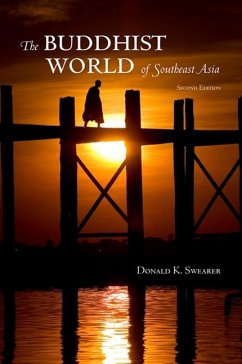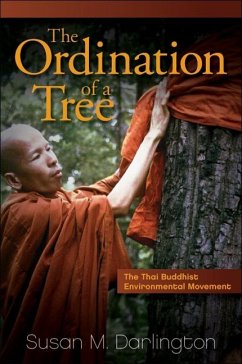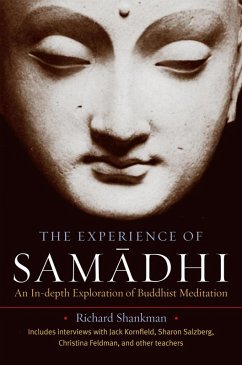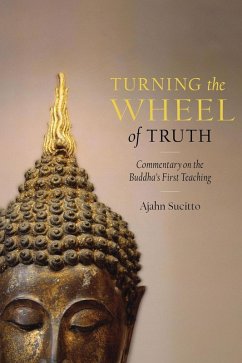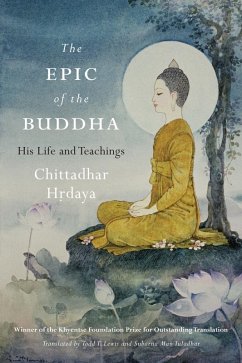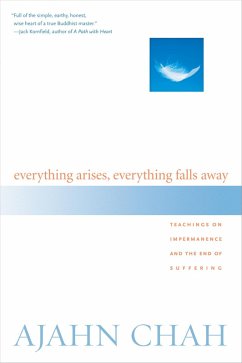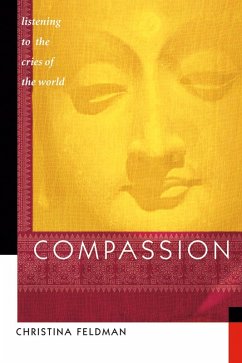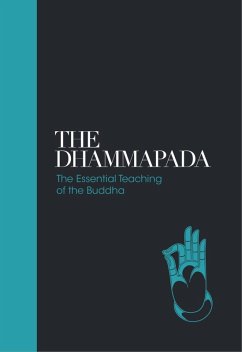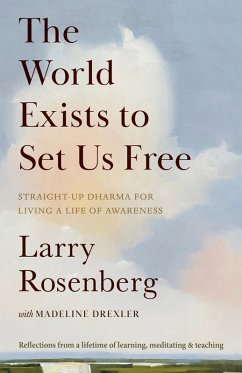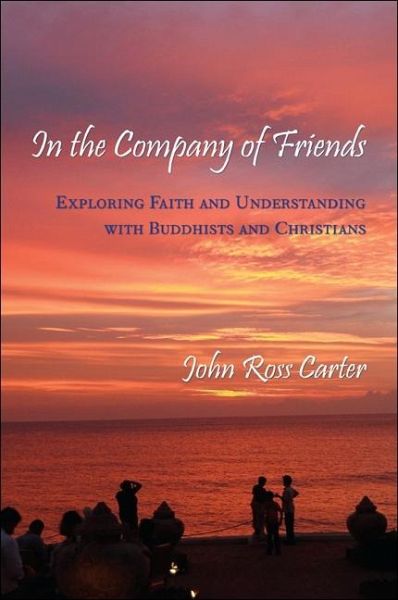
In the Company of Friends (eBook, ePUB)
Exploring Faith and Understanding with Buddhists and Christians
Versandkostenfrei!
Sofort per Download lieferbar
27,95 €
inkl. MwSt.
Weitere Ausgaben:

PAYBACK Punkte
14 °P sammeln!
Buddhist-Christian reflection that uses friendship as a model for interreligious understanding.Winner of the 2014 Frederick J. Streng Award presented by the Society for Buddhist-Christian StudiesIn this work of Buddhist-Christian reflection, John Ross Carter explores two basic aspects of human religiousness: faith and the activity of understanding. Carter's perspective is unique, putting people and their experiences at the center of inquiry into religiousness. His model and method grows out of friendship, challenging the so-called objective approach to the study of religion that privileges pat...
Buddhist-Christian reflection that uses friendship as a model for interreligious understanding.
Winner of the 2014 Frederick J. Streng Award presented by the Society for Buddhist-Christian Studies
In this work of Buddhist-Christian reflection, John Ross Carter explores two basic aspects of human religiousness: faith and the activity of understanding. Carter's perspective is unique, putting people and their experiences at the center of inquiry into religiousness. His model and method grows out of friendship, challenging the so-called objective approach to the study of religion that privileges patterns, concepts, and abstraction.
Carter considers the traditions he knows best, the Protestant Christianity he was born into and the Theravada and Jodo Shinshu (Pure Land) traditions of the Sri Lankan and Japanese friends among whom he has lived, studied, and worked. His rich, wide-ranging accounts of religious experience include discussions of transcendence, reason, sävega, shinjin, the inconceivable, and whether lives oriented toward faith will survive in a global context with increased pressures for individualism and secularism. Ultimately, Carter proposes that the endeavor of interreligious understanding is itself a religious quest.
Winner of the 2014 Frederick J. Streng Award presented by the Society for Buddhist-Christian Studies
In this work of Buddhist-Christian reflection, John Ross Carter explores two basic aspects of human religiousness: faith and the activity of understanding. Carter's perspective is unique, putting people and their experiences at the center of inquiry into religiousness. His model and method grows out of friendship, challenging the so-called objective approach to the study of religion that privileges patterns, concepts, and abstraction.
Carter considers the traditions he knows best, the Protestant Christianity he was born into and the Theravada and Jodo Shinshu (Pure Land) traditions of the Sri Lankan and Japanese friends among whom he has lived, studied, and worked. His rich, wide-ranging accounts of religious experience include discussions of transcendence, reason, sävega, shinjin, the inconceivable, and whether lives oriented toward faith will survive in a global context with increased pressures for individualism and secularism. Ultimately, Carter proposes that the endeavor of interreligious understanding is itself a religious quest.
Dieser Download kann aus rechtlichen Gründen nur mit Rechnungsadresse in A, D ausgeliefert werden.




